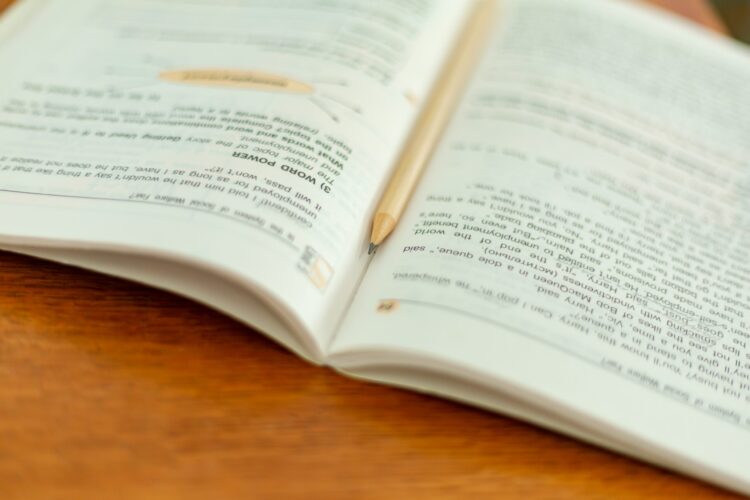I read an article recently on Visual Thesaurus (subscription required) in which the author, Julia Rubiner, advocated for never using whose for inanimate objects. As in:
As the Houston show was being announced, another [Norton] Simon show was at the Princeton University Art Museum, complete with a catalog whose cover featured Van Gogh’s portrait of his mother.
Although the writer acknowledges that using of which for inanimate objects is sometimes awkward, she says, “That’s when you put on your thinking cap and reword the sentence (or even split it into two sentences)” (emphasis on the original).
I often agree with what Rubiner says on Visual Thesaurus, but not this time. Her argument for not using whose for inanimate objects is that doing so would “risk that the reader stops reading altogether, responding, however subconsciously, to a fundamental failure of logic.”
Do readers really pause when they see or hear whose representing an object? My guess is that those who are on the lookout for grammar errors, as we copyeditors are (and that includes Rubiner), might pick up on it, but the rest of the English-speaking world doesn’t bat an eyelash. Why? Because using whose to represent an inanimate object is not grammatically wrong and has been correct English for over 600 years.
The Oxford English Dictionary (subscription required) lists the third definition of whose as “in reference to a thing or things (inanimate or abstract)” and notes its first use this way was in 1382 in Wycliffe’s Bible. The OED offers examples as recent as 1981 (the text is from the 1989 edition), in case you’re tempted to think things have changed.
The American Heritage Dictionary (AHD) and Merriam-Webster Online also allow whose to be used for inanimate objects. Says AHD in its usage note for whose:
The tradition holds that whose should function only as the possessive of who, and be limited in reference to persons. Nonetheless, whose has been used to refer to inanimate things since the 1300s, and it appears in the works of many illustrious writers, including Shakespeare, Milton, and Wordsworth. This use of whose undoubtedly serves a useful purpose, since which and that do not have possessive forms, and the substitute phrase of which is often cumbersome.
Usage experts agree. Bill Walsh states in The Elephants of Style, “Whitchse isn’t a word, so there’s nothing wrong with using whose to refer to things in addition to people.” H. W. Fowler accepted it in his Modern English Usage in 1926, and Bryan A. Garner lists the use of whose for things at stage 5 in his Language-Change Index in Garner’s Modern English Usage (4th ed.). Stage 5 is defined as “universally accepted (not counting pseudo-snoot eccentric).”
Is it wrong to use of which instead of whose? Not at all. As Rubiner points out, there’s more than one way to say something. But copyeditors should use caution before changing whose to of which. If whose sounds out of tune with the rest of the sentence, by all means edit it, whether you pop in of which or recast the sentence. But if whose fits with the rhythm and style of the sentence, we should keep the author’s original wording.
“In the starch that stiffens English style,” says Fowler, “one of the most effective ingredients is the rule that whose shall refer only to persons; to ask a man to write flexible English, but forbid him whose ‘as a relative pronoun of the inanimate’, is like sending a soldier on ‘active’ service & insisting that his tunic collar shall be tight & high; activity & stocks do not agree.”
A version of this article was originally published on February 17, 2011.


